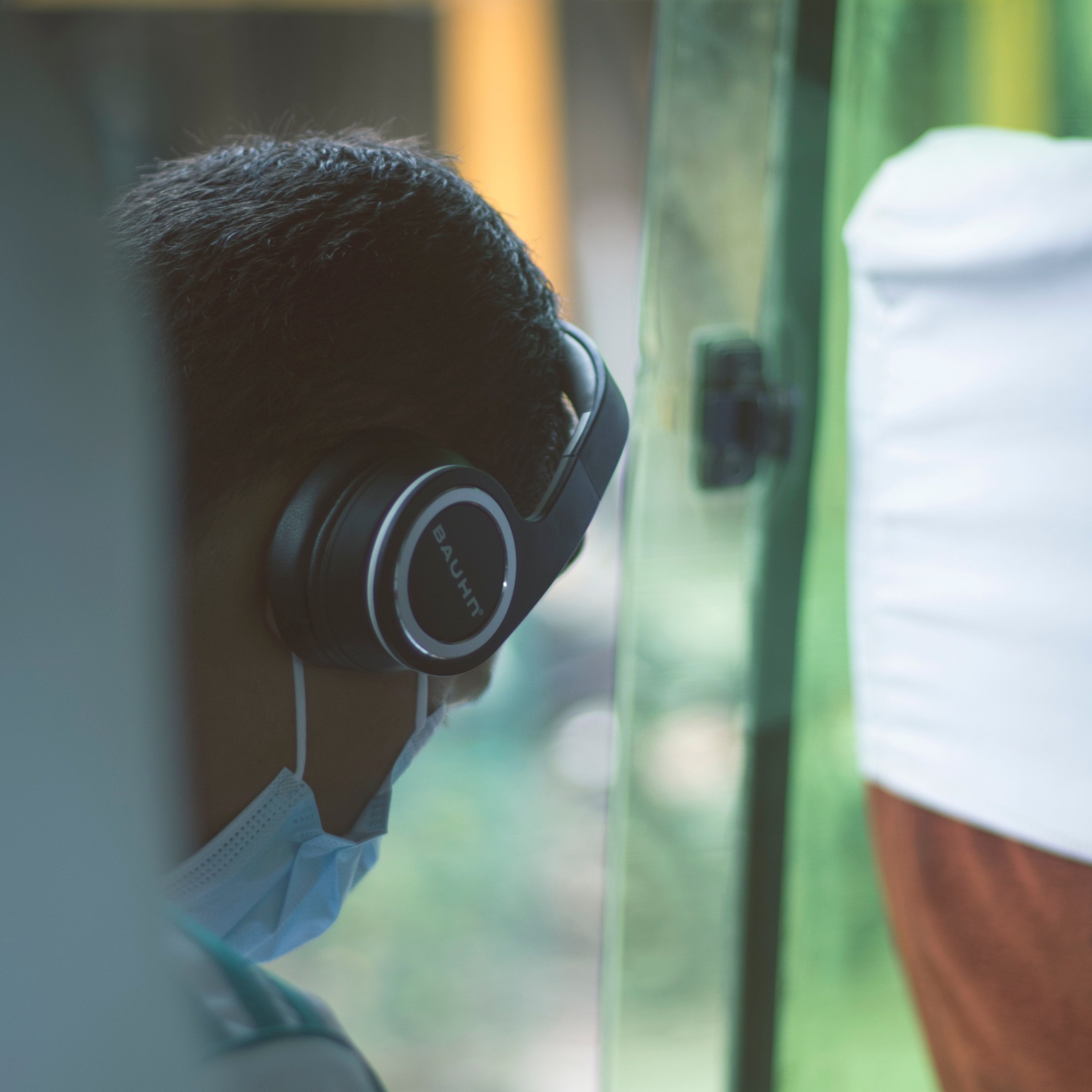Article
ADHD Impulsivity Linked to Greater COVID-19 Distress
Author(s):
Though the correlation is concerning for at-risk groups, experts believe it could inform individualized psychiatric care during crises.

Impulsivity, as measured in patients with disorders including ADHD, was associated with greater risk of distress in afflicted patients during the coronavirus 2019 (COVID-19) pandemic, according to new data.
Research presented at The American Professional Society of ADHD and Related Disorders (APSARD) 2021 Annual Conference this weekend suggested traits of impulsivity could have a notable and negative interaction with stress related to COVID-19. Investigators from the MIND Institute at University of California Davis School of Medicine believe the observed correlation could inform individualized psychiatric care for at-risk patients during future crises such as the pandemic.
The data, presented by Prerona Mukherjee, PhD, examined the associations between psychological distress or concern and precautions taken or exposure-risk, as they pertain to impulsivity and goal-orientation metrics. They hypothesized that goal-orientation could predict precautions taken, while impulsivity could predict concern and distress.
“The COVID-19 crisis introduced several stressors for most people,” investigators wrote. “Traits such as impulsivity, which is associated with multiple disorders including ADHD, could interact with COVID-19 related stress by interfering with decisions and perceptions of risk or concerns.”
Mukherjee and colleagues remotely assessed 31 individuals via a COVID-19 related questionnaire which gauged the at-risk group on a litany of statuses:
- Psychological distress
- Health-related concerns
- Precautions taken
- Exposure-risks
- Impulsivity and future orientation, via Zimbardo Time Perspective Inventory (ZTPI)
The team conducted two-tailed Bivariate Pearson Correlations via SPSS.
Investigators found impulsivity correlated with greater distress in observed individuals during the COVID-19 pandemic (P = .037; r = .377). Goal-oriented behavior, conversely, was associated with lower distress (P = .031; r = -0.388) as well as lower concern (P = .024; r = -0.404).
They observed no correlations between impulsivity or goal-orientation with actual risk faced, nor precautions taken by individuals.
“These findings illustrate that impulsivity and goal orientation predicted the psychological impact experienced during the COVID-19 crisis, regardless of the risk an individual faced,” investigators wrote.
Additionally, the predictive value of goal orientation in lessened psychological impact—but not of precautions taken—could guide ideas for individualized psychological intervention in crises.
More specifically, this could indicate potential to tailor care for patients with ADHD during the ongoing pandemic.
“Furthermore, this data from a longitudinal study may lead to future work investigating long-term impact and other factors,” Mukherjee and colleagues concluded.
The study, “COVID-19 and Its Psychological Impact: The Role of Impulsivity,” was presented at APSARD 2021.





